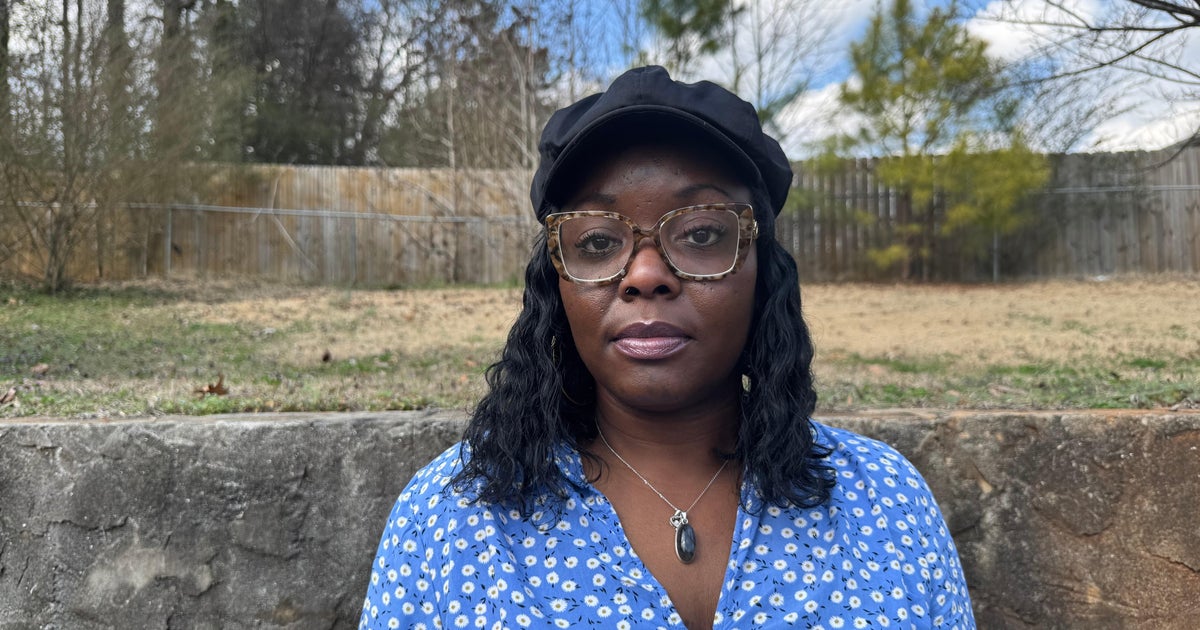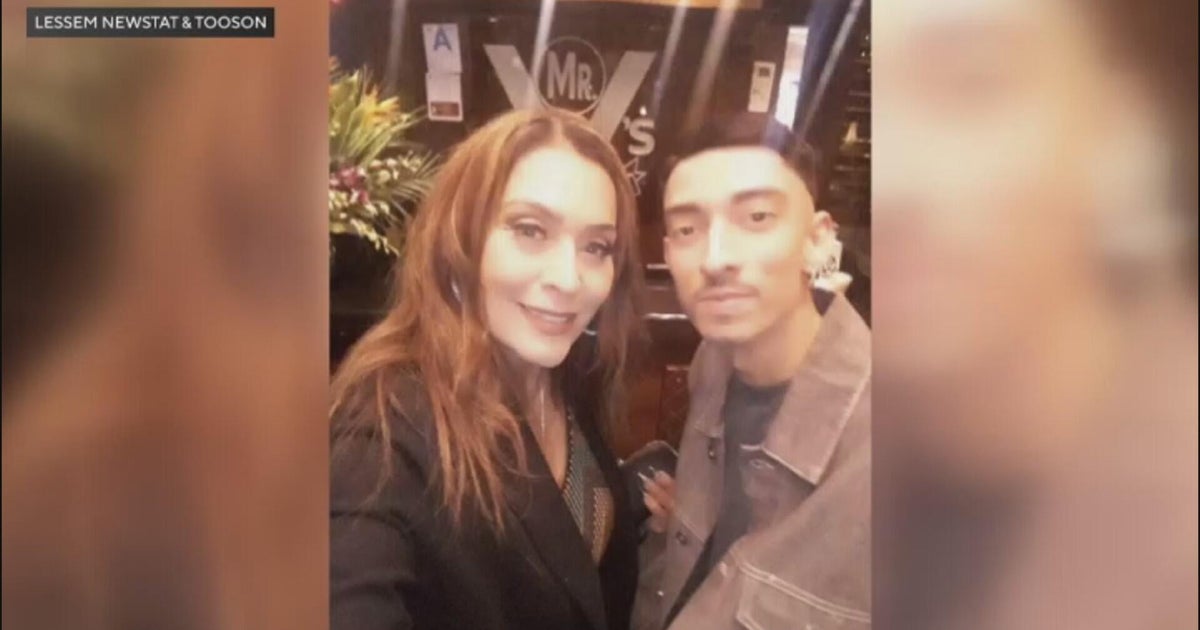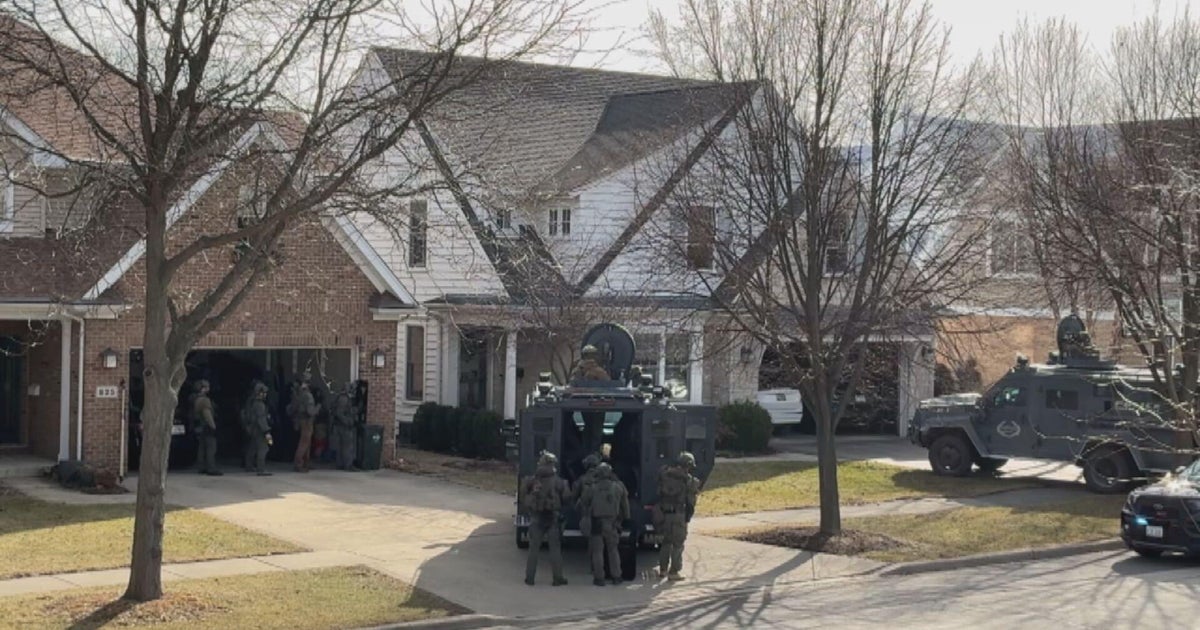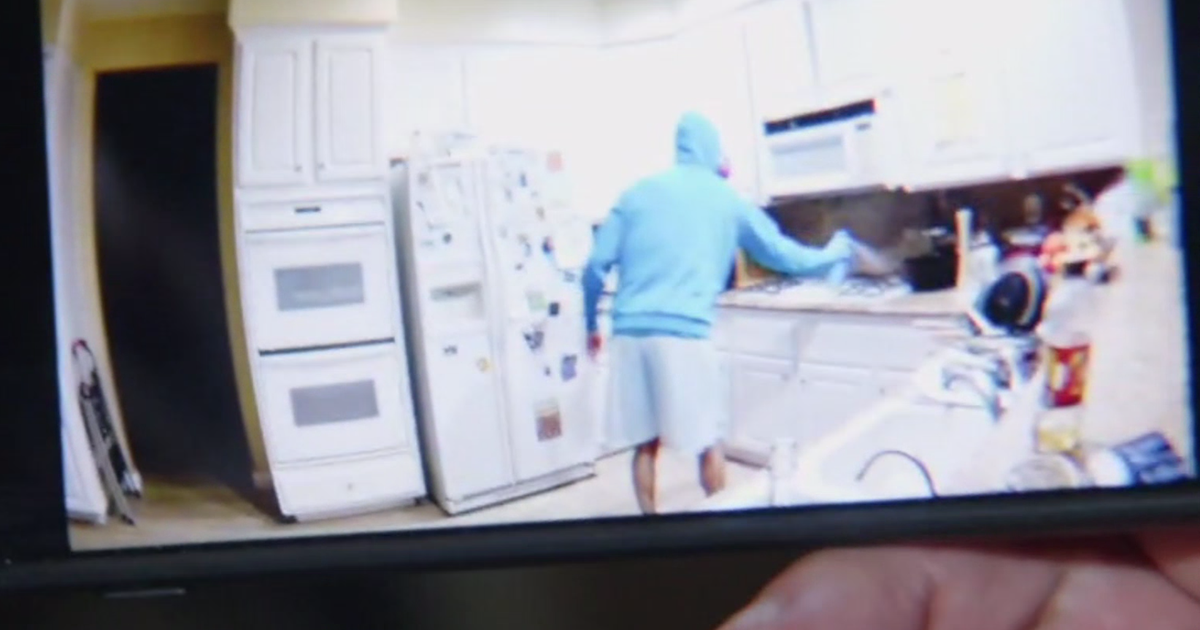CBS4 Investigates: Standoff With A Soldier
MIAMI (CBSMiami) -- "Sir. I am writing to you because I am in urgent need of preventing a crisis from occurring."
It was an e-mail that stopped its reader in her tracks. An e-mail that made its way to a specialized Miami-Dade mental health program, the 11th Judicial Circuit Criminal Mental Health Project, created to interface counselors with police and the courts. The goal is to save lives and reduce the number of people with mental illness in the criminal justice system.
The e-mail arrived on the heels of the Sandy Hook tragedy in Connecticut and just days before December 21, 2012 - a date that some believed signaled the end of the world. In fact, a worried family member of a young Iraqi soldier wrote of her unsuccessful attempts to get the young soldier help. A man the family member said suffered from Post Traumatic Stress Syndrome, Schizophrenia and more. She detailed that she believed the young soldier was going to kill himself and others and included a laundry list of weapons he allegedly he possessed, including shotguns, rifles and handguns.
"The amount of weapons that he had would have been enough to create a catastrophe." said Miami-Dade Judge Steve Leifman, one of the nation's leading experts on the treatment of the mentally ill. Leifman, who also chairs the Florida Supreme Court Task Force on Mental Health and Substance Abuse Issues, tells CBS 4 Chief Investigator Michele Gillen that neither he nor his team had ever gotten a letter like this.
"It would've made the situation in Connecticut look mild," Leifman cautioned.
The 26-year-old solider was living in an Miami apartment complex just steps from an elementary school.
The front door to his apartment is emblazoned with cryptic messages.
Chief Investigator Michele Gillen read the last line of the e-mail back to Judge Leifman.
"I'm concerned for his safety. He has pre-meditated murder [on his mind] and he needs to be stopped!" the note said.
"I still get the chills even when you read it back to me. It's horrifying," says Leifman. "She had tried everything to get him help and just by the grace of God happened upon our office."
His team immediately called a specialized and specially trained team at Miami-Dade Police. Units were quickly dispatched.
"That's when the second best of luck happened. We got a hero who came out who turned out to be an Iraqi vet himself." said Leifman.
"He was in crisis and he truly believed that what he was doing was the right thing," says Victor Milian. To the judge, a hero in this story.
Millian is not only a Miami-Dade Hostage negotiator, but also a veteran of the Iraqi war, a senior sergeant, and when he arrived at the soldier's apartment complex he was determined to get the roubled soldier out alive, while trying to make sure that residents and his fellow officers were kept safe.
When he approached the apartment and went right up to a window that was all that separated himself from the former solider he did not know exactly how many weapons were inside the apartment.
"All I knew [from the] initial report was that there were multiple assault weapons and possible grenades so that just raised the ante even more. It was very tense. I initially observed that there was a school across the street so that immediately raised to that tension and that stress factor," Millian said.
How did he decide how close to go?
"Part is gut but part is that you have to establish that rapport. And then again being a vet myself and having been around vets and dealing with the vets when they come back one of the hardest things to establish is that trust issue.," Millian shared with Gillen. "There were dynamics that I felt compelled me... I needed to go that close."
Gillen asked what he saw in the soldiers' eyes.
"The calm of a soldier," Millian said.
Chilling in that...
"He had a ballistic vest on which is pretty much the same thing that we wear. And he was armed. I saw what I believed to be a barrel of a firearm of a rifle and it was behind him," says Millian.
Surrounded by SWAT and Crisis Intervention teams, all residents having been evacuated, Millian spent 5 and half hours talking down the young veteran and getting him out to safety.
He walked into the house to get an idea of the mental state of the soldier.
"When you walked in that house, were you shocked?" asked Gillen.
" Yes, yes," he responded.
"What stays with him from looking inside the apartment?" Gillen asked.
"What it could have been. What it could have been."
If there was one thing said that will always stay with Millian?
"They don't care. They don't care. We are just a word, Veterans."
Something he says he has heard from other veterans.
On this day, Judge Leifman says all came together in a perfect storm. Not always the case, given the needs to treat people with mental health issues in South Florida, the specific needs of veterans and the fractured system of getting them help. In this case, the young solider would be hospitalized and is now in a facility being treated. He thanked Officer Millian as he walked out of his apartment.
For Millian for those 5 and a half hours he was back in the arena of war. And for Millian, the greatest feeling was, "I kept one of mine alive."







